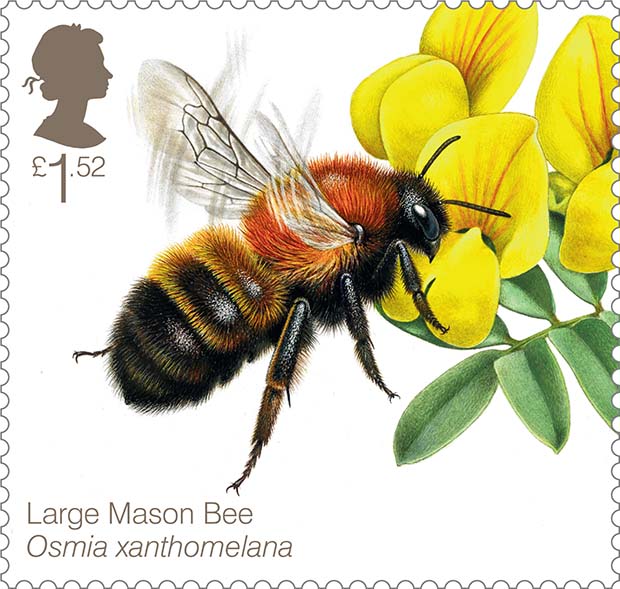Solitary bees are frequently exposed to pesticides, which are considered as one of the main stress factors that may lead to population declines. A strong immune defence is vital for the fitness of bees. However, the immune system can be weakened by environmental factors that may render bees more vulnerable to parasites and pathogens.
Here we demonstrate for the first time that field-realistic concentrations of the commonly used neonicotinoid insecticide thiacloprid can severely affect the immunocompetence of Osmia bicornis. In detail, males exposed to thiacloprid solutions of 200 and 555 µg/kg showed a reduction in hemocyte density. Moreover, functional aspects of the immune defence - the antimicrobial activity of the hemolymph - were impaired in males.
In females, however, only a concentration of 555 µg/kg elicited similar immunosuppressive effects. Although males are smaller than females, they consumed more food solution. This leads to a 2.77 times higher exposure in males, probably explaining the different concentration thresholds observed between the sexes. In contrast to honeybees, dietary exposure to thiacloprid did not affect melanisation or wound healing in O. bicornis.
Our results demonstrate that neonicotinoid insecticides can negatively affect the immunocompetence of O. bicornis, possibly leading to an impaired disease resistance capacity.
Source:
Brandt, A., Hohnheiser, B., Sgolastra, F. et al. Immunosuppression response to the neonicotinoid insecticide thiacloprid in females and males of the red mason bee Osmia bicornis L.. Sci Rep 10, 4670 (2020). https://doi.org/10.1038/s41598-020-61445-w

- Login om te reageren
